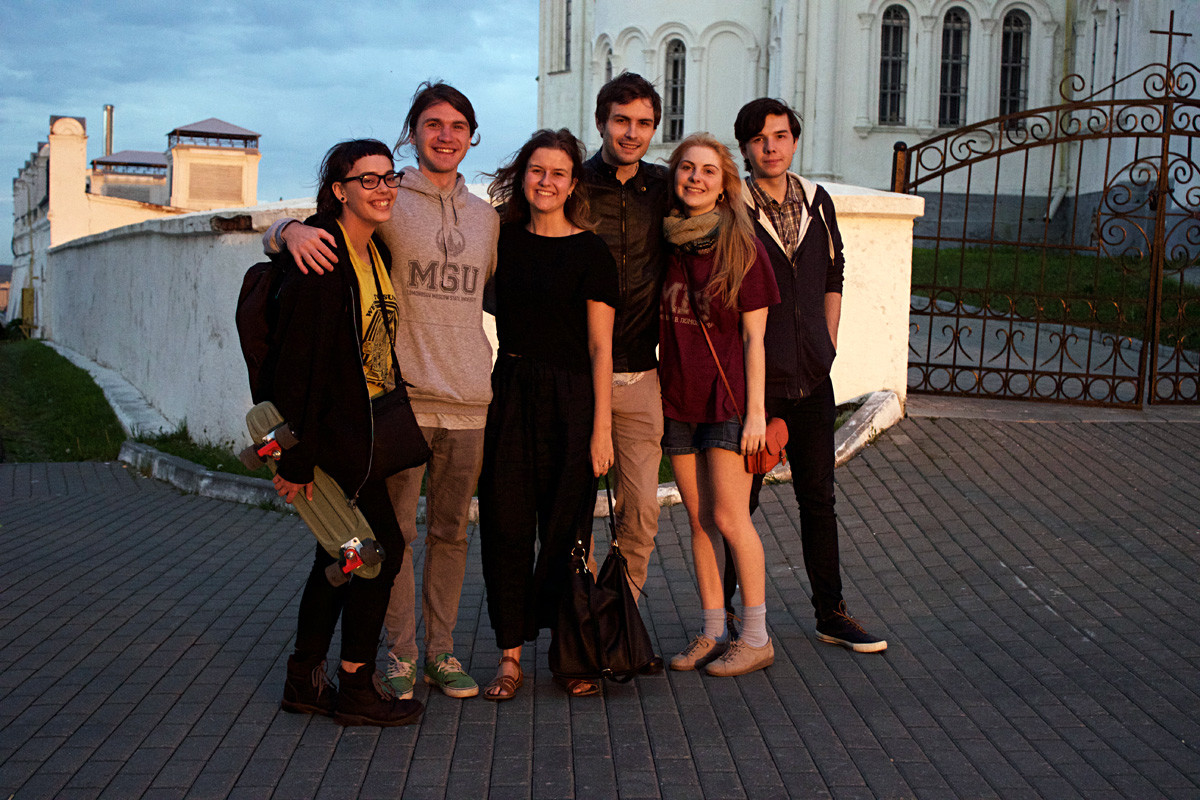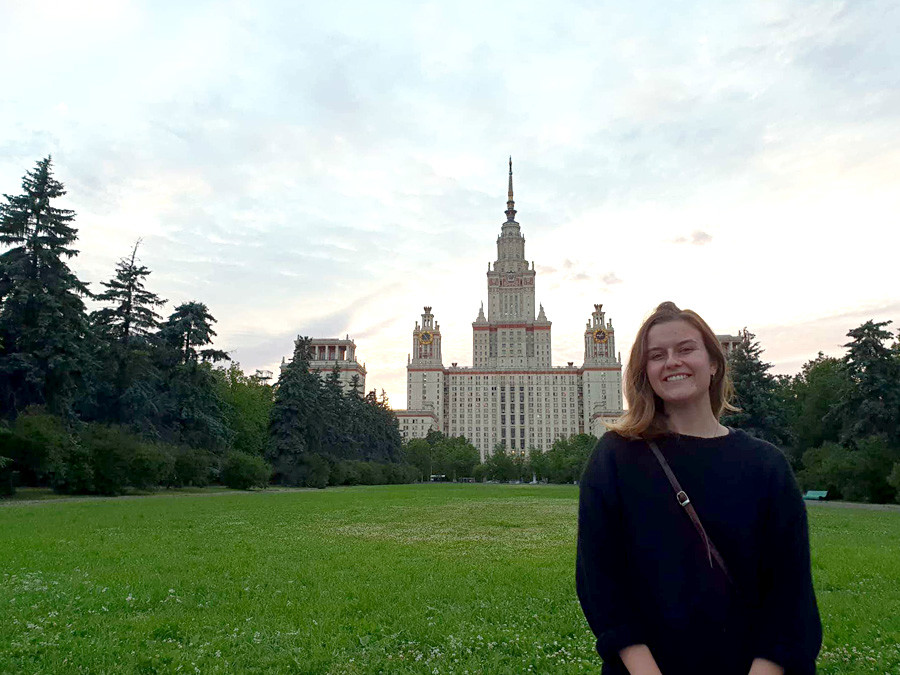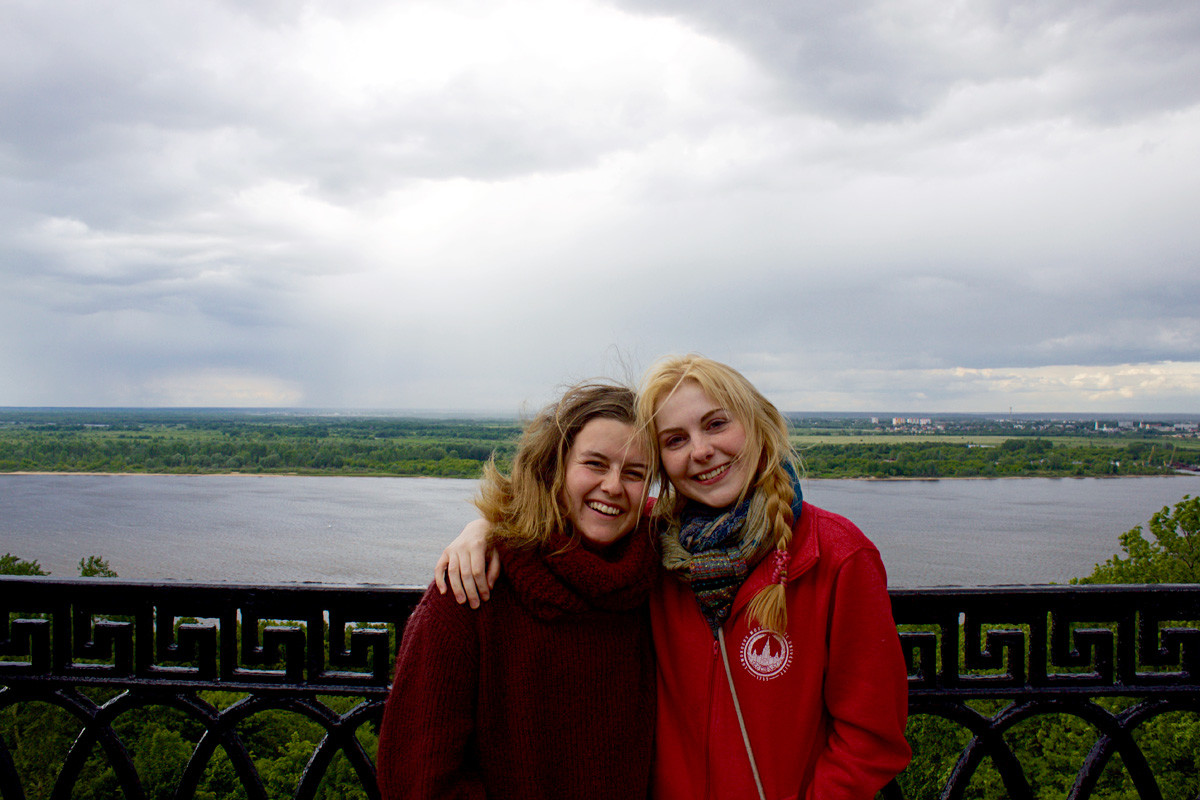
At home, asking someone how they are can have only one appropriate response, which is: “Good, thanks!” Ask that question to a Russian, however, and you will find yourself drawn into some unexpected discussions. I’ve had an elderly woman on the metro telling me about the quality of her doctor in excruciating detail; my teacher, explaining her marital difficulties; a bus driver who insisted on talking about his disapproval of Moscow’s pipe system. The simple greeting will often lead to a long and frank response.
Russians are candid, and have an extreme aversion to anything pretentious. As a result, they will always speak to you from the heart and from a place of truth. You will know what people think, whether it be good or bad.

A friend once said to me, in the true spirit of Russian honesty: “I like you now, but I didn’t like you when we first met, you seemed really mean!” My initial reaction was defensiveness – how could he say such a thing to my face! But now I understand how liberating telling someone what you really think can be.
When I entered my room at the
My friend Ivan had some enlightening words on this topic (“Create it broken, fix it forever!”) which introduced me to the Russian attitude towards resourcefulness. I know now that there is nothing a bit of tape, creativity, and patience can’t solve. My Russian friends have taught me that unless it’s an incredibly urgent problem, it can wait, and there isn’t much point worrying about it in the meantime.

This patient attitude has become a part of my everyday life here. In Russia, things are never predictable. Distances are huge, weather can slow you down, queues are a confusing mess, and the dreaded bureaucracy churns along at its own pace, where your deadlines don’t hold much importance. There is a lot that is out of your control, and life is much easier if you learn to accept this.
From a western perspective, we are often obsessed with the concept of being entertained, but this is very different to actually being relaxed. Before arriving in Russia, I often had a hard time unwinding when I was constantly asking myself – had I worked hard enough? Was there something more productive I could be doing with my time?

In Russia, relaxation is a daily practice that is actively cultivated, whether it be spending time at the dacha, or being a little late to meeting someone because you don’t feel like rushing. This is especially important in a city such as Moscow, where life can be busy and stressful. Despite the fast pace, Muscovites in particular have taught me that appreciating small moments of enjoyment when they come can bring greater happiness into my life.
I’ve learnt that the concept of time in Russia is flexible, your friends might be late, your post might not show up, even your pay or documents might not arrive at the exact time you expect; but this is mostly because Russians tend do things in their own time, as a kind of defiance to any impending stress or anxiety from deadlines and life.

In Australia, we have a preconceived stereotype that Russians are cold and humorless. In truth, Russians do not smile much in public, but the initial reservation towards strangers, once passed, reveals wonderfully funny, open-minded, and curious people. There are some things I doubt I will ever understand (why can’t I sit at table corners? What’s all this business about salt and being cursed?!), but this uniqueness just adds to the reasons why I love Russia as much as I do now.
Read more: How Russians changed my life: Victoria from the United States
If using any of Russia Beyond's content, partly or in full, always provide an active hyperlink to the original material.
Subscribe
to our newsletter!
Get the week's best stories straight to your inbox